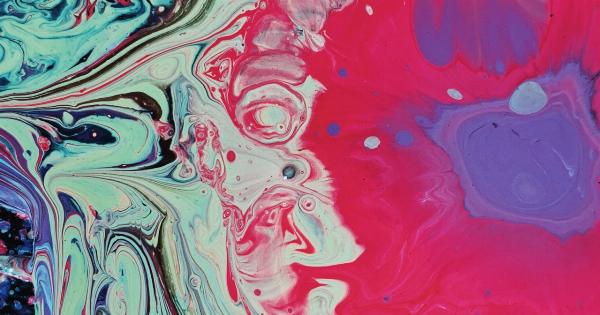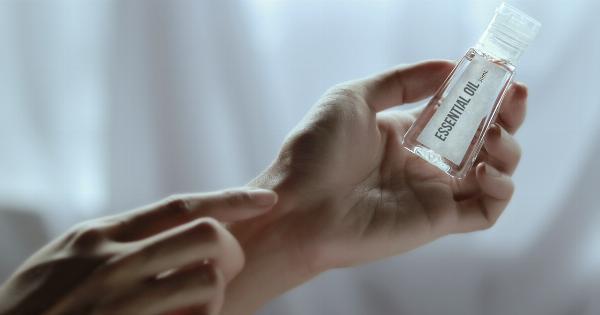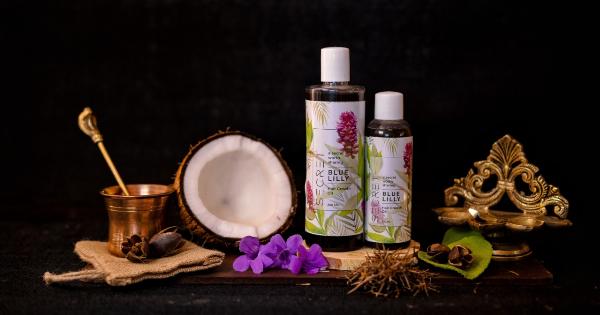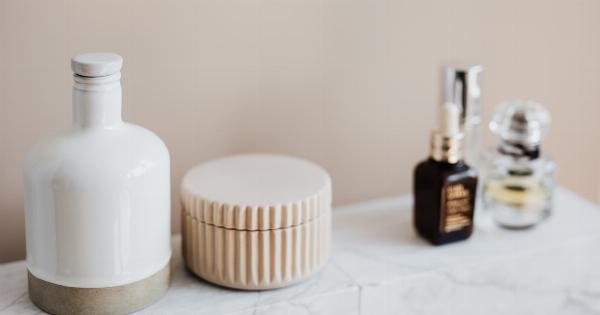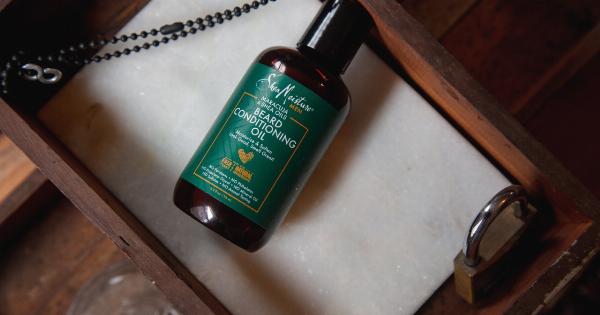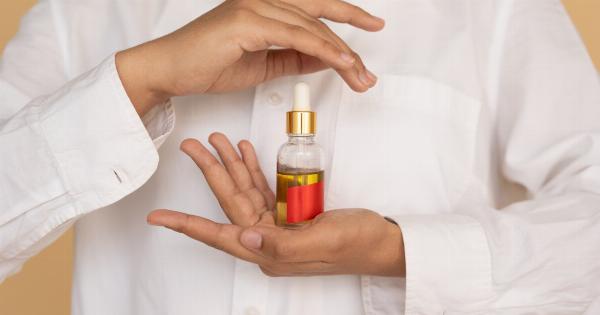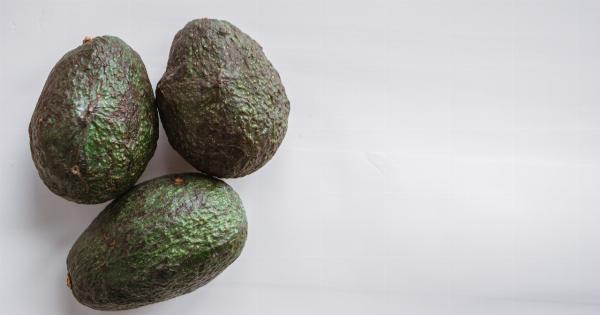When someone mentions Morocco, images of beautiful mosques, vibrant bazaars, and exotic spices immediately come to mind. However, this North African country is also known for one of its most valuable commodities – argan oil.
What is Argan Oil?
Argan oil is a plant oil derived from the kernels of the argan tree, which is endemic to Morocco. It has been used by the Berber people of the region for centuries due to its many health and beauty benefits.
The Benefits of Argan Oil
One of the primary benefits of argan oil is its ability to moisturize the skin, hair, and nails. It is rich in vitamin E and other antioxidants that help to protect and nourish the skin, preventing dryness, flakiness, and premature aging.
It also contains essential fatty acids that help to strengthen hair and nails, making them less prone to breakage and damage.
Another benefit of argan oil is its anti-inflammatory properties. It has been shown to reduce redness and inflammation in the skin, making it beneficial for people with acne, eczema, and psoriasis.
It also has a soothing effect on the skin, making it ideal for use after shaving or waxing.
Argan oil is also a natural sunscreen, with an SPF of around 15. This makes it perfect for use during the summer months to protect the skin from harmful UV rays.
How is Argan Oil Produced?
Argan oil is produced by a labor-intensive process that involves extracting the kernels from the argan fruit, drying them, and then grinding them into a paste. This paste is then kneaded by hand to release the oil, which is then filtered and bottled.
Traditionally, this process was carried out by Berber women, who would collect the argan fruit, crack open the nuts, and extract the kernels.
Today, many Moroccan women still carry out this process in cooperatives, helping to support their families and communities.
Using Argan Oil in Beauty Products
Argan oil is a popular ingredient in many beauty products, including moisturizers, hair conditioners, and hand creams. It is versatile and can be used on all skin types, including oily and acne-prone skin.
When using argan oil on the skin, it is best to apply it after cleansing and toning. Simply massage a small amount of oil into the skin, using circular motions.
For the hair, argan oil can be used as a leave-in conditioner, or as a pre-shampoo treatment to condition and nourish the hair and scalp.
The Sustainability of Argan Oil
Due to its popularity, argan oil production has increased in recent years, leading to concerns about the sustainability of the industry.
However, steps are being taken to ensure that argan oil is produced in a way that is environmentally and socially responsible.
Many companies are now using fair-trade argan oil, which ensures that the women who produce the oil are paid fairly for their work.
Additionally, some organizations are working to protect the endangered argan tree, ensuring that it is not over-harvested.
In Conclusion
Argan oil is a true treasure of Morocco, with many health and beauty benefits. Whether used on the skin or hair, its nourishing properties can help to rejuvenate and revitalize, leaving you feeling and looking your best.
As the industry grows, it is important to ensure that argan oil is produced sustainably and ethically, protecting the communities and environments that make it possible.




